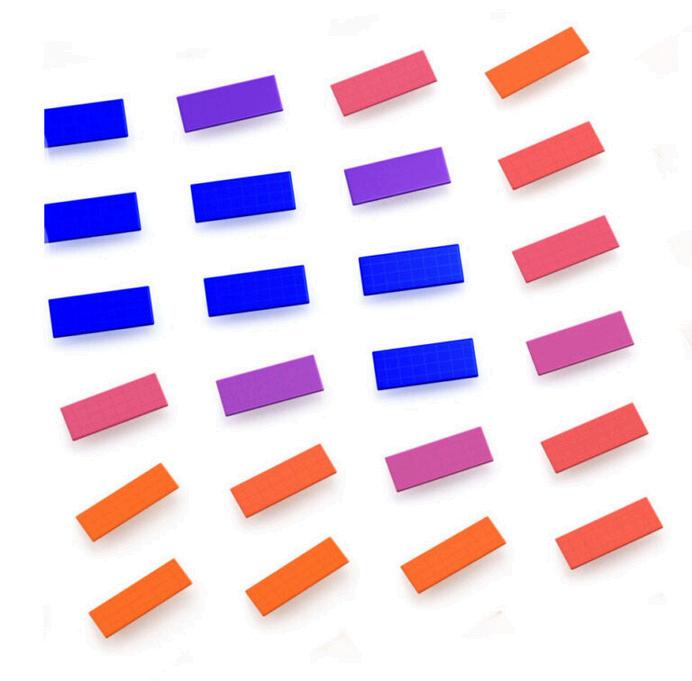

ENHANCING SOLAR PROJECT

INTRODUCTION TO SOLAR DESIGN SOFTWARE
What is Solar Design Software?
A tool that helps engineers, designers, and installers create efficient solar panel layouts. Provides simulations of solar energy production based on geographic and site-specific data. Allows users to estimate costs, energy output, and environmental benefits.


WHY SOLAR DESIGN SOFTWARE IS ESSENTIAL
Importance of Solar Design Tools in Project Planning
Accurate system sizing and placement of panels.
Helps in optimizing energy output and reducing system losses.
Saves time by automating manual calculations.
Reduces the risk of errors in complex solar projects.


FEATURES OF SOLAR DESIGN TOOLS
Key Features of a Modern Solar Design Tool
Site Analysis: Integration with satellite imagery and topographic data.
Energy Simulation: Forecasting based on weather and shading analysis.
Cost Estimation: Automatic bill of materials and ROI calculators.
3D Modeling: Visualizing solar arrays in threedimensional space.
Collaboration: Multi-user access for teams working on the same project.


BENEFITS OF USING SOLAR DESIGN SOFTWARE
Advantages of Using a Solar Design Tool for Your Projects
Improves project efficiency and accuracy.
Provides better decision-making through real-time data.
Enhances financial planning with detailed cost breakdowns.
Facilitates compliance with regulations and standards.


UNDERSTANDING SOLAR DESIGN SOFTWARE WORKFLOW
How Does Solar Design Software Work?
Step 1: Site Assessment using GIS data.
Step 2: Design the layout considering shading and panel placement.
Step 3: Simulate energy output and optimize performance.
Step 4: Generate reports for stakeholders.


INDUSTRY USE CASES
Real-World Applications of Solar Design Software
Residential rooftop installations.
Large-scale commercial solar farms.
Hybrid energy systems combining solar with storage.
Integration with AutoCAD for detailed technical designs.


CHOOSING THE RIGHT SOLAR DESIGN TOOL
What to Look for in a Solar Design Software
User Interface: Should be intuitive for easy learning.
Accuracy: High precision in simulations and modeling.
Integration: Compatibility with existing tools like AutoCAD or PVsyst.

Support and Updates: Regular updates to keep up with industry changes.

FUTURE TRENDS IN SOLAR DESIGN SOFTWARE
The Future of Solar Design Tools
Integration with AI for predictive analytics.
Cloud-based collaboration for real-time updates.
Advanced 3D and virtual reality modeling for project visualization.
Blockchain for transparent energy trading and monitoring.


Leveraging Solar Design Software for Optimal Project
Success
Solar design software helps streamline project workflows, improve accuracy, and boost financial outcomes.
Choosing the right tool is key to ensuring a successful solar project.

Stay updated with evolving trends to maximize the efficiency of solar installations.
